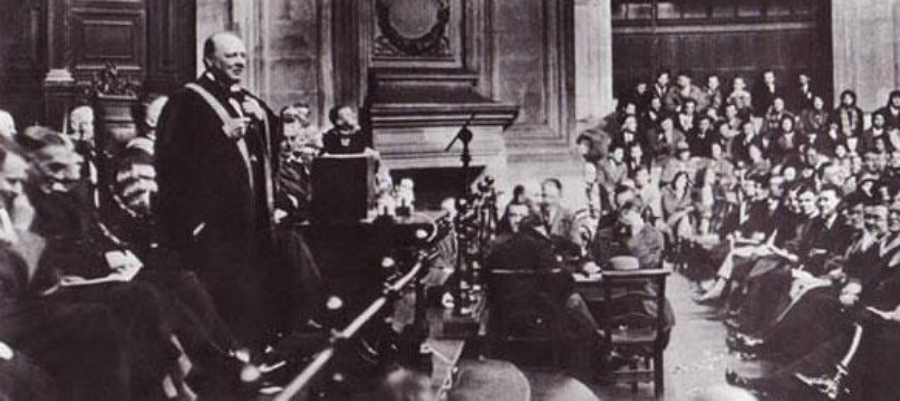From Nobel laureates and Olympic champions to space explorers and prime ministers, our alumni and distinguished scholars have shaped Edinburgh into a world-renowned university.
Founded in 1583 by the Town Council, the University is the sixth oldest university in the UK and the oldest civic foundation in the English-speaking world
Ground-breaking thinkers
Following the Scottish Enlightenment of the 18th century, the University was positioned at the forefront of academia and critical thinking.
Many of the prominent leaders of the Scottish Enlightenment were educated at Edinburgh and their bold ideas and theology were influential across the world.
Amid this group was David Hume, philosopher, economist and essayist known for his philosophical skepticism and empiricism; Joseph Black, the chemist behind the discovery of latent heat and carbon dioxide; and James Hutton, the ‘Father of Modern Geology’.
Links with colonialism and enslavement
Colonialism was structural in shaping many aspects of British society. Universities often produced, fostered and reinforced colonial systems, with ideologies influencing people across the world.
While the University of Edinburgh has long been honoured as the birthplace of the Scottish Enlightenment, this legacy also includes its direct and indirect links with colonialism during the 18th and 19th centuries.
In 2021, the University commissioned a Race Review to explore its links to slavery and racism. Published in July 2025, the Review brings to light important, confronting and often uncomfortable accounts of the University’s historical ties to slavery and colonialism, the legacy of racist teachings and ideologies, and current challenges we face around race and inclusion.
Find out more about the University’s colonial past and what it is doing to address this:
Shaping the past, the present and the future
We are the home of Britain’s oldest literary awards, the James Tait Black Prizes and Dolly the sheep, the first animal to be cloned from an adult somatic cell.
It was also here at the University of Edinburgh that Sir Arthur Conan Doyle was inspired to create his notorious character, Sherlock Holmes and James Young Simpson pioneered anaesthetics through his discovery of the properties of chloroform.
More recently, theoretical physicist and Professor Emeritus Peter Higgs was jointly awarded the Nobel Prize in Physics for his 1964 prediction of the Higgs Boson.
Through the many achievements of its staff and students, the University has continued to present cutting-edge research, inspirational teaching and innovative thinking as its central ethos, attracting some of the greatest minds from around the globe.


